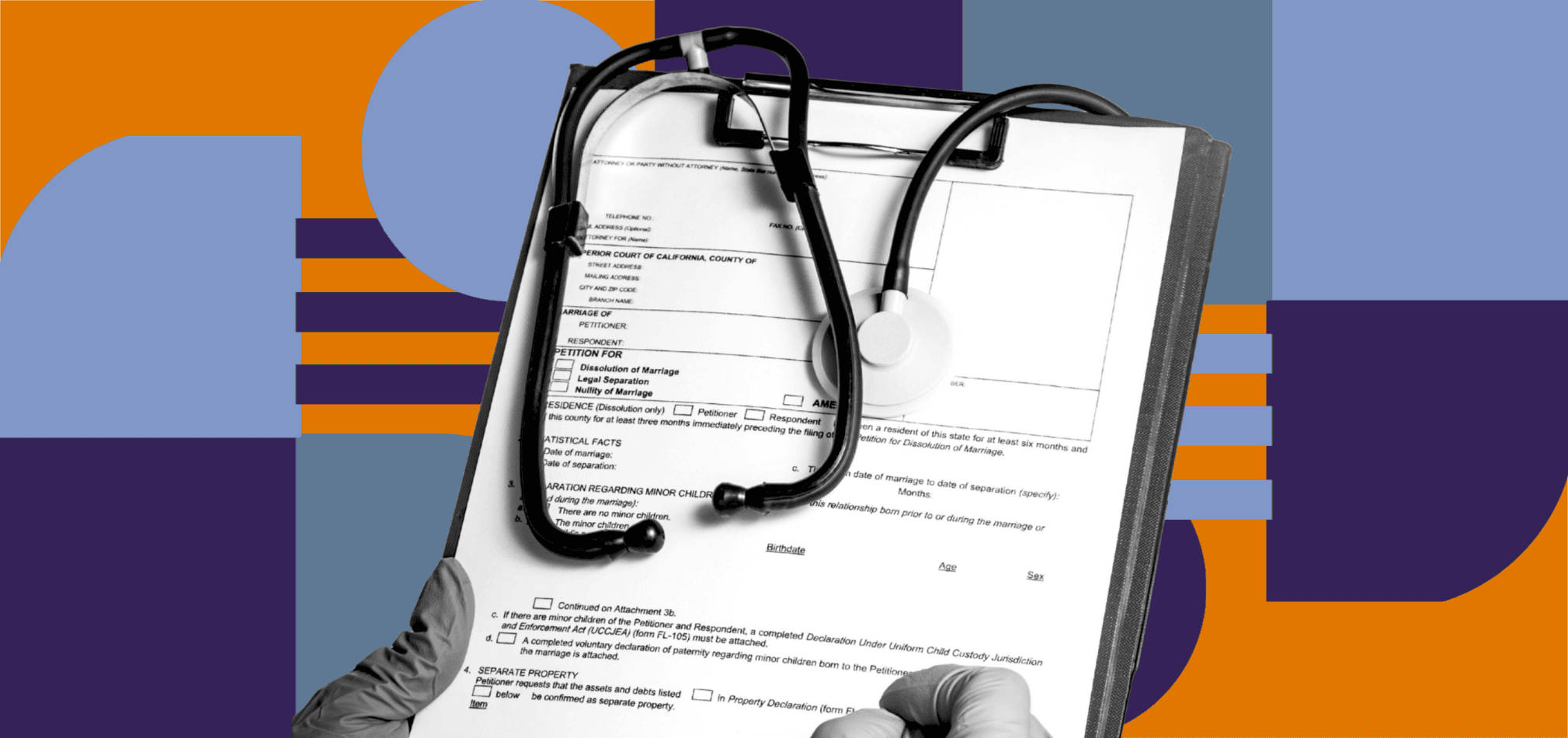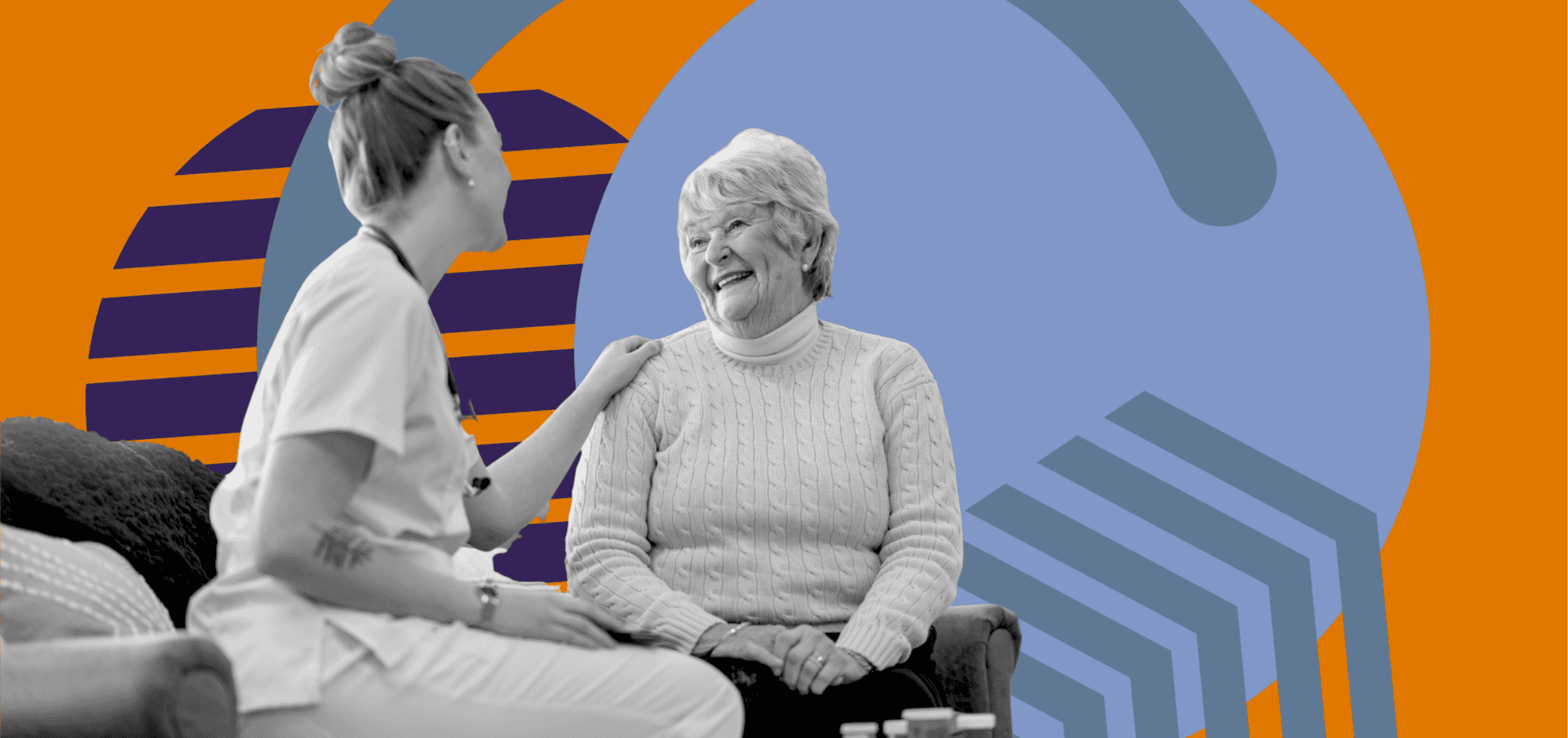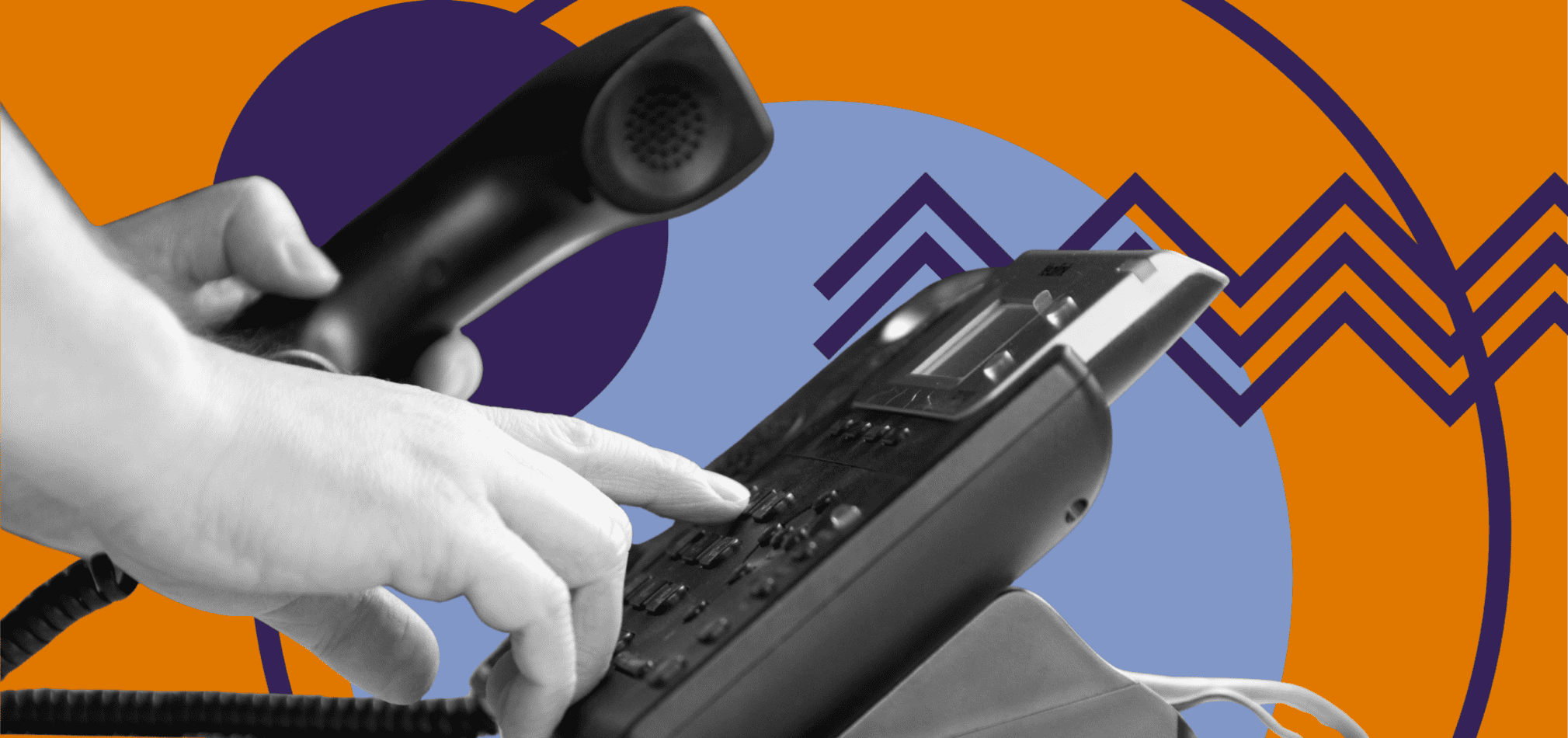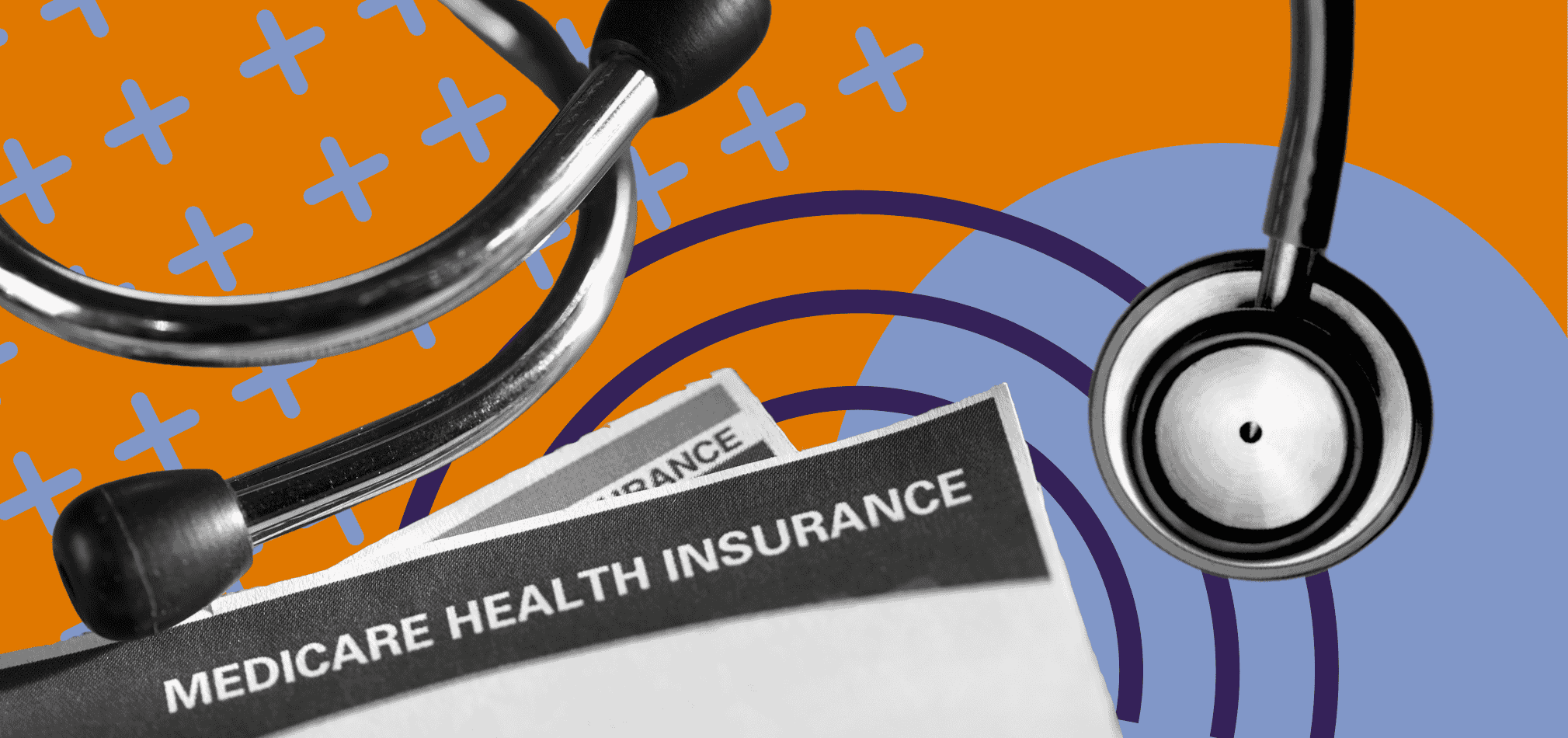What Are Staff Education Requirements for Home Health & Hospice Agencies?
July 23rd, 2025
4 min read

If you think your agency’s biggest threat is missed visits or unsigned MD orders, we hate to break it to you, but there’s another thing to add to that list. Staff education is one of the most overlooked compliance vulnerabilities in home health and hospice.
And we get it. Your team is busy, your margins are tight, and keeping up with changing CMS, accreditor, and state requirements can feel like a full-time job. But here’s the truth: if your staff aren’t properly trained, you're not just risking poor patient care—you’re risking survey deficiencies, condition-level citations, and even license revocation.
*This article was written in consultation with Mariam Treystman.
At The Home Health Consultant, we help Medicare-certified agencies build strong administrative foundations. That includes implementing education programs that aren’t just about checking a box—but about making sure your staff are prepared for real-world, in-home care.
After reading this article, you’ll walk away with a clear understanding of:
- what education is required,
- how to structure it,
- and how to use it to support both quality care and agency compliance.
Why Is Home Health and Hospice Staff Training Different From Other Healthcare Settings?
Let’s start with something simple: most of your clinical staff are licensed professionals, but they’re not licensed specifically for the home health and hospice care setting.
An RN can work in a hospital, a doctor’s office, a psych unit, or with your hospice agency. Each of these environments operates with entirely different rules, workflows, and expectations.
That’s why onboarding education matters so much. When you hire someone, you’re not just teaching them your policies. You’re teaching them how to function in a home-based model of care. And that’s not something they’ll necessarily learn in school or through licensure.
Even if you’re hiring someone with hospice experience, transitioning them to home health will require a mindset shift, and the same goes in reverse. One setting is focused on getting patients better. The other is focused on comfort and dignity at the end of life. That distinction should shape everything from how you train staff to how you structure your care teams.
What Should Be Included in Home Health and Hospice Staff Onboarding and Orientation?

Your onboarding program should go beyond HR paperwork. It should help your new hires understand what it really means to deliver care in someone’s home.
In a hospital, staff have labs, backup, supplies, and supervisors just a few steps away. In home care, your clinicians are often operating solo. That means your orientation needs to focus on things like:
- Recognizing and reporting emergencies in the field
- Navigating unpredictable home environments
- Documenting care in real time, without distractions
And for new-hires in hospice, don’t forget mental preparation. In home health, patients are expected to improve. In hospice, they are expected to decline. Training your team to emotionally and clinically navigate that distinction is part of creating a compliant, compassionate workforce.
How Many Annual Inservice Training Hours Are Required in Home Health and Hospice?
Medicare requires a minimum of 12 hours of annual inservice education for both clinical and non-clinical staff.
Some topics are non-negotiable. Every agency must provide training in:
- Infection control
- Fall prevention
- Emergency preparedness
- QAPI (Quality Assessment and Performance Improvement)
Besides that, each accreditor has their own additional requirements. But the rest? That’s up to you. This is where you can get strategic and make your inservices work for you. Think of it like school: you’ve got your core classes, and then you have electives based on what matters most to your agency.
Inservices shouldn’t be just another task to cross off. They should be part of how you build a stronger team.
What Is the Role of Supervisory Visits and Competency Reviews in Staff Education?
There’s a big difference between telling someone how to perform a skill and watching them do it.
That’s where supervisory visits and annual competencies come in. These are your agency’s opportunity to observe, correct, and educate—before a surveyor sees a mistake or a patient feels one.
If your field nurse is doing wound care wrong, or your HHA isn’t safely assisting with transfers, you don’t want to wait for a complaint to find out. Supervision allows you to:
- Reinforce proper technique
- Address knowledge gaps in real time
- Document ongoing training and remediation
Supervisory visits are also required by Medicare and checked during survey. The goal isn’t to nitpick—it’s to protect your license and improve patient outcomes.
Are Home Health and Hospice Agencies Responsible for Staff CEUs?

Continuing Education Units (CEUs) are required by state licensing boards, not by your agency. But they still impact your compliance.
Here’s the general rule of thumb: as long as a clinician’s license is active and in good standing, you can assume they’ve met their CEU obligations.
That said, your agency is still responsible for:
- Verifying current clinician licensure
- Ensuring no one is practicing with an expired license
- Having a system to track license renewal dates
In short, you don’t have to manage CEUs, but you do need to monitor licensure like your agency depends on it. Because it does.
Do Specialty Certifications Add Value to Home Health and Hospice Teams?
Some clinicians pursue optional certifications that deepen their skills in specific areas. This could be in wound care, pediatrics, or mental health. These aren’t required, but they do offer value:
- Improved quality of care
- Expanded referral capabilities
- Enhanced credibility with patients, families, and referral sources
In some cases, the certification applies to the agency, not just the individual. For example, if your hospice agency wants to offer palliative care, you’ll need a palliative certification from your accreditor. Just a nurse with extra training won’t cut it.
Should Office Staff Receive Ongoing Education in Home Health and Hospice?
When we talk about staff training, most people picture field clinicians. But, your office staff need just as much support.
Why? Because when something goes wrong, like a patient emergency or documentation issue, everyone gets pulled in. Intake, HR, medical records, QA.
If they don’t understand the basics of care coordination or regulatory timelines, they can accidentally create compliance risks.
So yes, your office team should attend inservices. They should know your agency’s emergency plan. And they should understand what compliance looks like in practice, not just in theory.
How Can You Use Staff Education to Strengthen Your Home Health or Hospice Agency?
Most agency owners eventually realize the best education systems aren’t built to pass surveys. They’re built to run smart, safe operations every day.
When you treat training as an afterthought, you get confusion, inconsistency, and risk. But when you treat it as a strategic priority, you get a team that’s not just compliant—but confident, capable, and survey-ready.
Not sure where your current training program stands? Start here:
- Is your onboarding process setting staff up for success?
- Are your inservice topics relevant to your real problems?
- Do you have a system for identifying skill gaps during supervision?
If any of those answers are “not really” or “I’m not sure,” now’s the time to fix it. Feel free to schedule a call with us today to learn more about how we keep agencies like yours survey-ready year-round.
And if you’re ready to tighten up your supervisory process, be sure to check out our article on Supervision Policies in Home Health and Hospice Agencies.
*Disclaimer: The content provided in this article is not intended to be, nor should it be construed as, legal, financial, or professional advice. No consultant-client relationship is established by engaging with this content. You should seek the advice of a qualified attorney, financial advisor, or other professional regarding any legal or business matters. The consultant assumes no liability for any actions taken based on the information provided.
Topics:



























